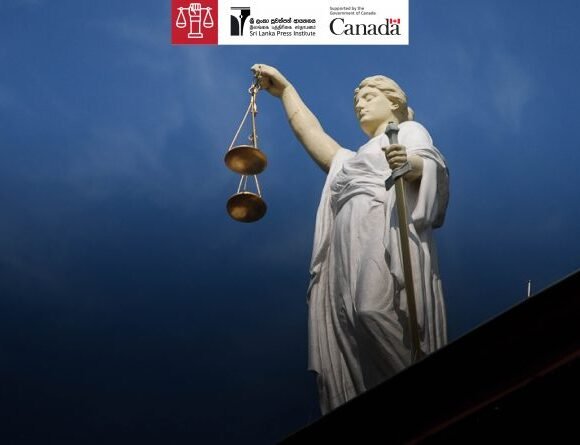
Is Sri Lanka inching towards authoritarianism?
Bhavna Mohan
The recent expansion of Sri Lanka’s military has netizens and the international community alike
concerned.
Further, a recent proposal by the Minister of Public Security, Rear Admiral (Retd.) Sarath
Weerasekara stated that all Sri Lankans above the age of 18 be given military training to ensure a
disciplined society. He believes that it is through military training that a person will “be able to stand
strong, build personality, and leadership skills”.
These topics may also be a point of discussion at the upcoming United Nations Human Rights Council
(UNHRC) Session in February-March 2021, as Sri Lanka’s Tamil community, in a letter to the UNHRC,
raised concerns about the persisting “militarisation and surveillance” in war-affected areas, among
other issues, for which they have presented a united front.
Fresh on the heels of an incident in the Eastern Province district of Batticaloa, the Sri Lanka Army
announced its new Directorate for Agriculture and Livestock, which will be responsible for the full
conduct of all Army-run farms in Kuttigala, Kandakadu, Nachchikuda, Palali and Vellakulam in the
North and East, among other areas.
Further, military appointments to public institutions have been made, including Major General
Kamal Gunaratne’s appointment as Chairman of the Telecommunications Regulatory Commission of
Sri Lanka (TRCSL). Even Police Media Unit briefings are now conducted by defence personnel.
President Rajapaksa also established a Presidential Task Force to build a Secure Country, Disciplined,
Virtuous and Lawful Society, composed entirely of military and security officials.
A 2019 study by Milan Zafirovski, titled “Indicators of Militarism and Democracy in Comparative
Context: How Militaristic Tendencies Influence Democratic Processes in OECD Countries 2010-2016”,
which aimed to better understand and predict how militarism and democracy relate – and especially
how the former influences the latter, inferred that “the findings vindicate the warning about the
threat of militarism for democracy”.
The path Sri Lanka is taking in terms of how the country is governed stands for a centralised
autocratic government, economic and social regimentation and centralisation of powers – has to
only cross the landmark of forcible suppression of the Opposition if they are to tick all the boxes that
would define Sri Lanka as a authoritarian nation.








